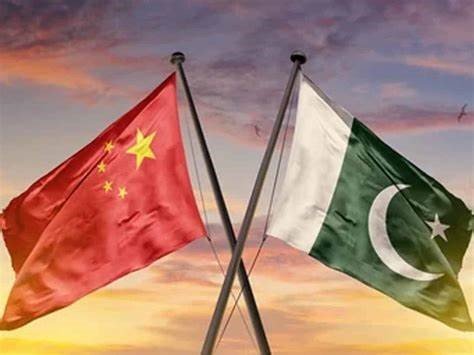In a significant move signaling deeper regional coordination, Kabul is preparing to host the sixth round of trilateral foreign ministers’ talks involving Afghanistan, China, and Pakistan — the first such high-level engagement since the Taliban’s return to power.
The diplomatic breakthrough follows a series of closed-door meetings between Acting Afghan Foreign Minister Amir Khan Muttaqi, China’s special envoy Yue Xiaoyong, and Pakistan’s Special Representative Mohammad Sadiq, where a number of strategic and political understandings were reached.
It was also agreed on the strategic front that Indian influence in Afghanistan would be limited to diplomatic missions, if the alignment worked in a proper manner, sources said.
Sources further revealed that the Afghan Taliban have silently backed Islamabad’s call for a neutral investigation into the April 22 Pahalgam incident and intend to steer clear of the Indian camp in future regional dealings.
After multiple meetings — including one-on-one discussions on Friday night and Saturday — it was finalized that the Taliban would host the upcoming round of trilateral foreign ministers’ dialogue in Kabul.
These will be the first high-level negotiations to take place under the Taliban’s leadership, source added.
The talks are part of a broader effort to deepen economic and political ties among the three countries while curbing Western influence across South and Central Asia. Both China and Pakistan have agreed to step up support for the Islamic Emirate, with Beijing pledging political and economic assistance alongside improved regional road connectivity.
As part of the ongoing trilateral process, Pakistan’s special envoy also joined the Chinese representative for a meeting with Afghan Commerce Minister Azizi.
The special envoy termed the meetings as “constructive and helpful in strengthening trade and economic cooperation.” The three sides agreed to build on the understandings from the May 2023 FM-level trilateral in Islamabad, especially on extending CPEC to Afghanistan.
Sources said the envoy’s trip aimed to secure regional backing for Pakistan’s position in its ongoing tensions with India, strengthen support for Chinese-led connectivity projects, and build consensus around eliminating the IS-KP terror group from Afghan territory.
In a post on X, Ambassador Sadiq noted that “the first trilateral Pakistan-China-Afghanistan meeting provided an opportunity for convergence of views on economic and security cooperation as well as regional stability.”
Read More: Nuclear Neighbors Step Back from Brink as India, Pakistan Reach Ceasefire Deal





